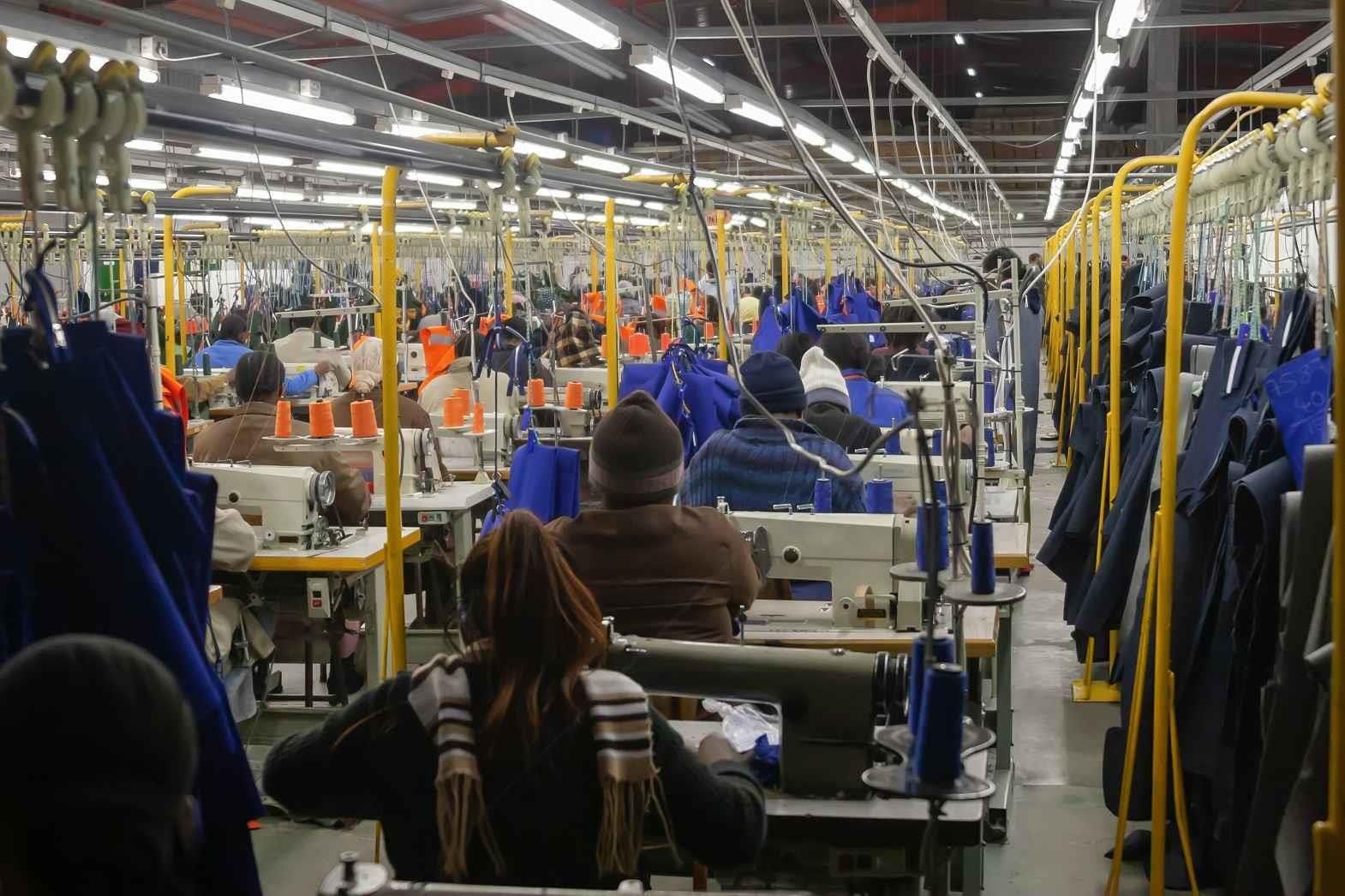In the contemporary business environment, textile and apparel industries are taking their social responsibilities more seriously, aiming to cultivate a positive professional reputation. Recent tragic incidents at textile factories in Bangladesh have brought this issue to the forefront. Enterprises are actively implementing strategies to address concerns such as child labor, low wages, workplace safety, employee health, and environmental impact.
It's worth noting that there is a noticeable contrast in the perception of corporate social responsibility between developing and developed countries. In developing nations, the concept of social responsibility is still relatively unfamiliar. There's a lack of awareness concerning employee rights and related laws, but this is expected to improve in the coming years.
One of the most significant challenges facing the textile and apparel industry is the issue of child labor and forced labor. Several countries, including Uzbekistan, Argentina, Azerbaijan, Brazil, Mali, Paraguay, Turkey, and Zambia, have faced criticism for employing child labor in their textile industries. Other countries, such as Bangladesh, China, Ethiopia, India, and Nepal, have also been accused of child labor and forced labor practices.
Even textile and apparel industries from Europe and the United States, which often tout their commitment to environmental and labor-related social responsibility, can sometimes fall short when operating in developing countries. The legal framework and working culture vary widely between countries. In pursuit of reducing manufacturing costs, even luxury brands that outsource production can compromise on overall working conditions.
Following reported accidents in Bangladesh's textile factories, there has been a surge in inspections conducted by brands outsourcing manufacturing to developing countries. While the situation has not seen a complete transformation, local manufacturers are becoming more vigilant about working conditions in their facilities, as negligence could result in the loss of contracts with international brands.
Another growing concern pertains to labor costs in developing countries. Textile factories often pay lower wages to workers, attracting international brands seeking cost-effective labor. The enforcement of labor laws in countries like India may not be as rigorous as in nations like France or Germany. Unfortunately, the textile sector's track record in terms of social responsibility towards its employees has not been stellar. To cut down on manufacturing costs, textile companies have frequently relocated their production to countries with lower labor costs.
As far as environment issues are concerned, the global textile and apparel industry is making an impressive progress in conserving the environment. The processes of dyeing, printing, finishing, manufacturing, etc. are being continuously evolved to ensure that there is negligible impact of these processes on the environment. The demand for organic clothing is also high. Brands like H&M and C&A are not even passing on the higher cost of organic cotton clothing to the customers.
The organic clothing is not drab anymore and there are fine materials like silk, linen and blends available in varied colours as part of organic clothing. There are more sustainable fabrics that are used to make fashionable organic clothing. There are some alternatives available under the organic cotton to replace the conventional cotton, which can meet the rising demand of organic clothing.
Several companies that employ designers and product-focused personnel have initiated a forward looking approach as per which social and environmental considerations are assimilated into design. This decision-making has ensured that the garments carrying logos of these companies are free of abuse, exploitation, and environmental degradation at all stages of production.
In recent times, some of the bigwigs in the apparel industry have launched products that have used recycled cotton, plastic bottles, bamboo fibre, recycled polyester, et al. These products have registered success in the global market, as consumers are also encouraging production of eco-friendly textiles. As part of the green cause, the handloom industry in Pakistan and India has started treading on the path of revival, a move that comes from the growing demand for organic clothing.
Corporate social responsibility also has emerged in the form of societal awareness among brands in the apparel industry. There are some charity fashion brands that are doing well and are sponsoring social causes with the profits going to aid organisations or trusts. This philosophy is still in budding phase, but the customer response has been tremendous thus encouraging expansion of this particular sector of fashion industry.
The global textile industry is well aware of the social responsibility; also the targets and commitments of global textile industry are set in the progressive direction. Though in certain parts of the world, the sector has failed in some fronts to display an ethical set of principles on which the working of textile and apparel industry is based, but there's a constant rise in awareness regarding the social responsibility.
References:
1. Greenlivingonline.com
2. Bloomsbury.com
3. Libres.uncg.edu
4. Openaccess.leidenuniv.nl
5. Nytimes.com








Comments